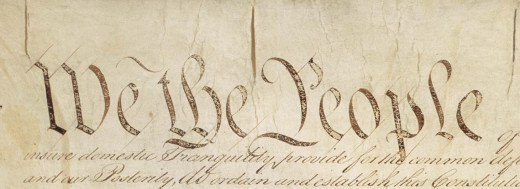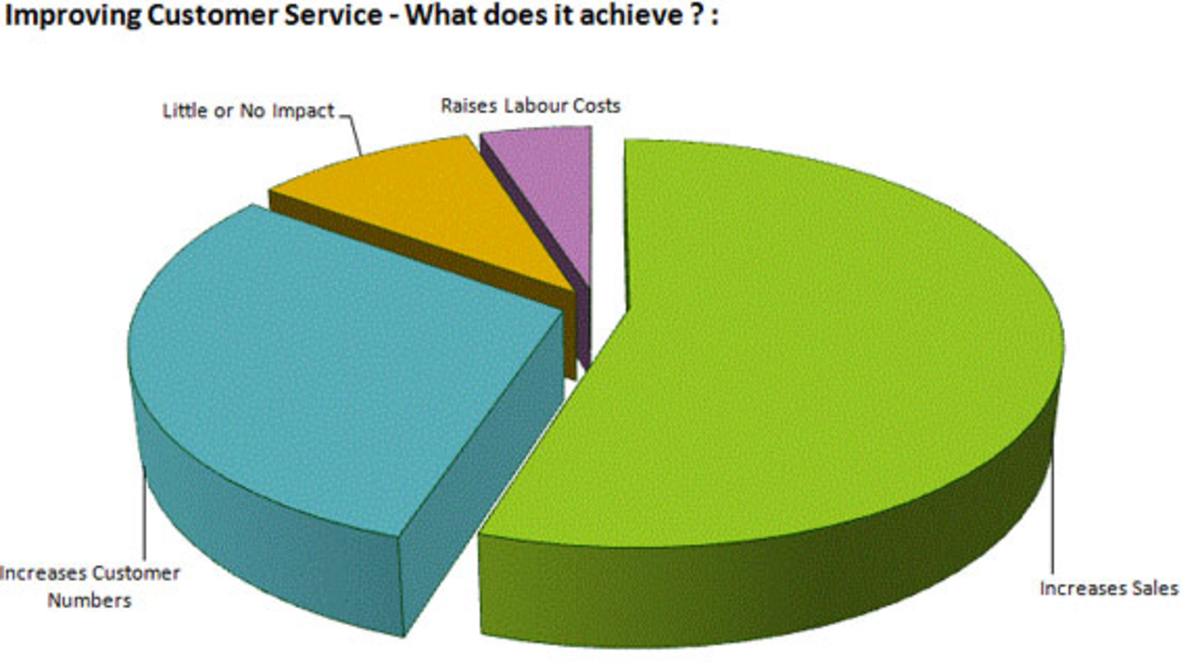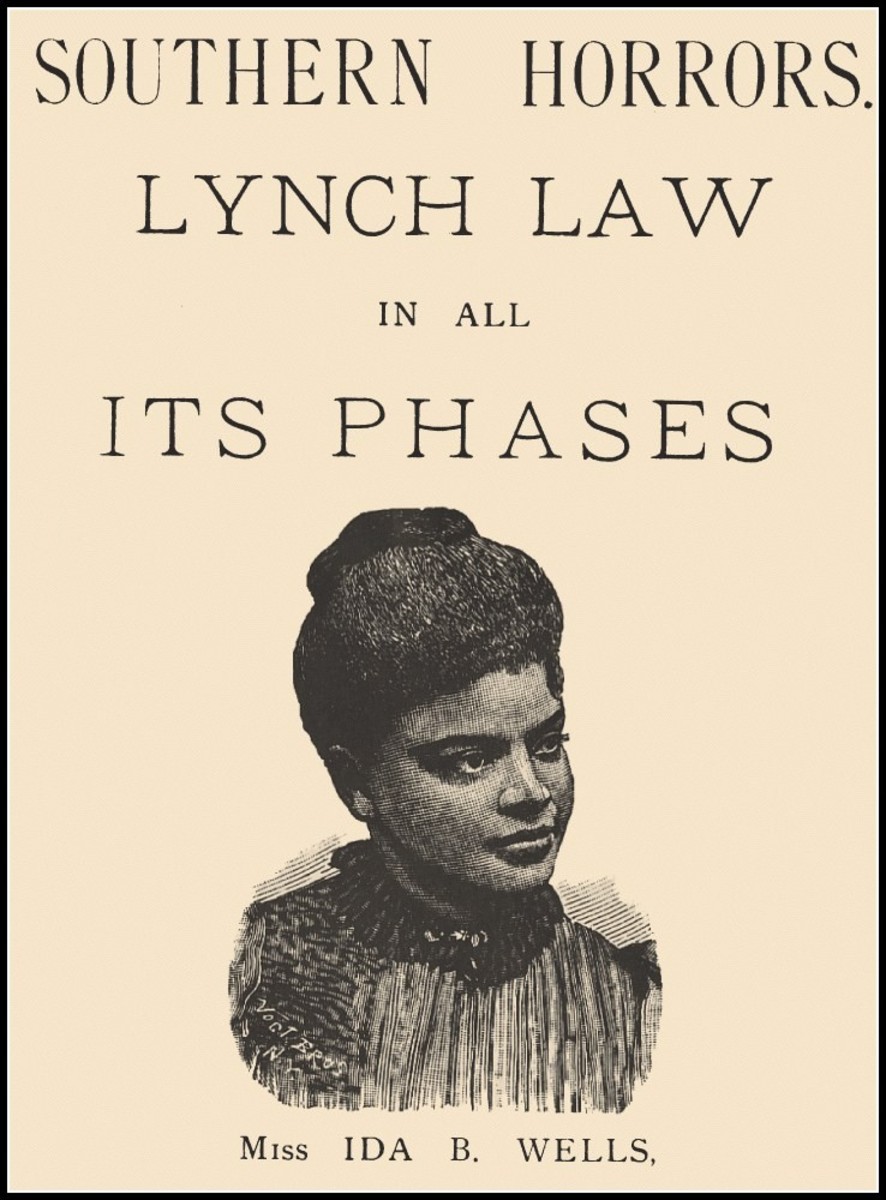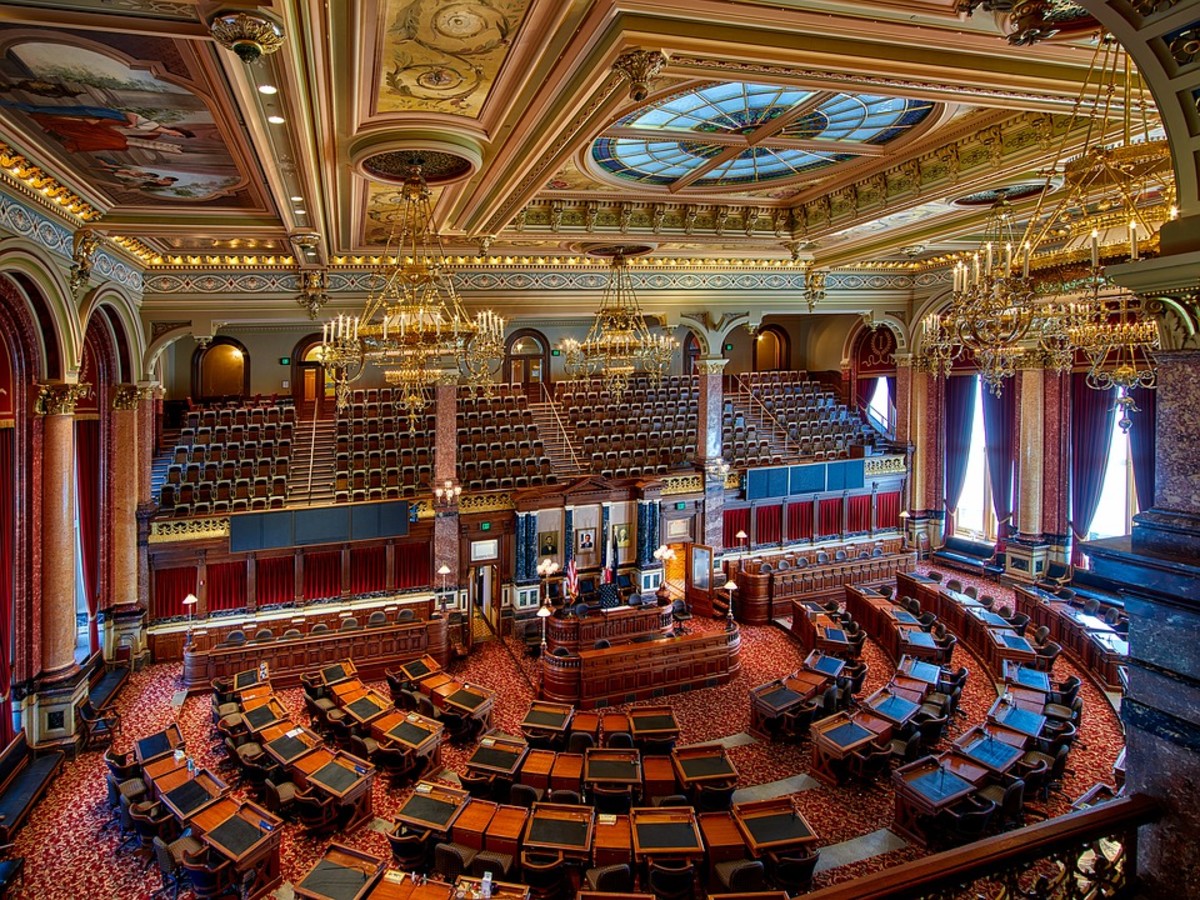When is speech protected under the First Amendment?

Don't We Have Free Speech in This Country!?
I can't tell you how many times I have seen that comment after reading a story about someone suffering adverse consequences over something he or she said. Because of that, I believe that few people have a basic understanding of what our First Amendment right to free speech means. The First Amendment reads:
Congress shall make no law respecting an establishment of religion, or prohibiting the free exercise thereof; or abridging the freedom of speech, or of the press; or the right of the people peaceably to assemble, and to petition the government for a redress of grievances.
The right to free speech applies to the Federal Government and to the States through the Fourteenth Amendment. A point that many people miss is that the First Amendment prohibits Government restriction on speech. "Government" includes local, state, and federal governments and agencies as well as any private entity/individual acting on behalf of a government.
So, for example, your employer can basically limit your speech as much as they want. They can fire you for your speech (even if the speech is perfectly harmless) and the First Amendment is not implicated whatsoever. You can be asked to leave a restaurant or be forced to sell your NBA team (as Roger Sterling found out) for exercising Free Speech. None of it has anything to do with the First Amendment because the negative consequences are coming at the hands of private entities.
So the next time someone is in the news for an opinion they expressed and you hear someone say "but what about the First Amendment? Don't we have Free Speech in this country!?" simply inform them that the First Amendment protects us from the government, not private individuals/entities.
Now that we have the First Amendment Right to Free Speech in some context, let's examine it closer.

What comprises "speech" within the First Amendment?
Speech includes not only words, but expression and symbolic conduct. Wearing armbands constitutes speech. Burning a flag constitutes speech. Nude dancing marginally constitutes protected speech (although the government has a substantial interest in regulating it). The First Amendment even guarantees you the right not to speak. For example, you cannot be compelled to say a prayer or to place your hand over your heart and say the pledge of allegiance.

What can't the government do?
In today's America, there is an ocean of statutes, regulations, and ordinances that apply in one way or another to nearly every aspect of our lives. So when would one of these laws cross the line with regard to the First Amendment?
Content Regulations. A regulation that burdens the content of speech is presumptively unconstitutional. I.e., a regulation that says you are prohibited from speaking on a certain subject will nearly always be unconstitutional.
There are exceptions where the content of speech can be regulated in advance. These exceptions include: (1) obscenity, (2) defamation, (3) speech that presents "clear and present danger" of imminent lawlessness and (4) "fighting words".
The problem with these exceptions is that the rules that attempt to regulate these are often found to be vague and overly broad so that protected speech could be chilled along with the unprotected speech. For example, if a public school passes a rule that says "At the school dance, any conduct offensive to the Principal will result in that student not walking at the graduation ceremony." (Remember, this would fall within the purview of the First Amendment because the school is classified as a governmental agency/instrumentality). The rule would be struck down as unconstitutional because while "offensive conduct" would certainly cover obscenity and fighting words, it would also chill speech that may be offensive to the principal, but not amount to obscenity or fighting words.
Conduct Regulations. A regulation that controls the conduct of speech is more likely to be constitutional. These are known as "Time, Place, and Manner" restrictions. In examining these, you have to look at where the speech is taking place. Speech can occur in "public forums", "designated public forums" , and "nonpublic forums".
"Public forums" include streets, sidewalks, and public parks. Speech in these places can be regulated as to "time, place, and manner" if the regulation is content neutral; narrowly tailored so that it doesn't burden more speech than necessary; and leave open alternative channels of communication. The same test applies to regulations on "designated public forums". An example of a designated public forum would be a classroom in a school in the evenings that is made available for meetings. The last category is "nonpublic forums" which covers most public property. Restrictions on speech in nonpublic forums can be broader so as to reserve the forum for its intended use. Even so, any restriction must be viewpoint neutral (if some speech is allowed, it cannot be limited to one viewpoint).
Helpful Cases
This is a VERY basic overview of the most often litigated issues concerning free speech. To gain a better understanding, read the Supreme Court opinions of Turner Broadcasting System, Inc. v. FCC, 512 U.S. 622 (1994); Simon & Schuster, Inc. v. Members of the New York State Crime Victims Board, 502 U.S. 105 (1991); Houston v. Hill, 482 U.S. 451 (1987); West Virginia State Board of Education v. Barnette, 319 U.S. 624 (1943); Chicago Police Department v. Mosely, 408 U.S. 312 (1972).
Thanks for reading and I look forward to your comments!








